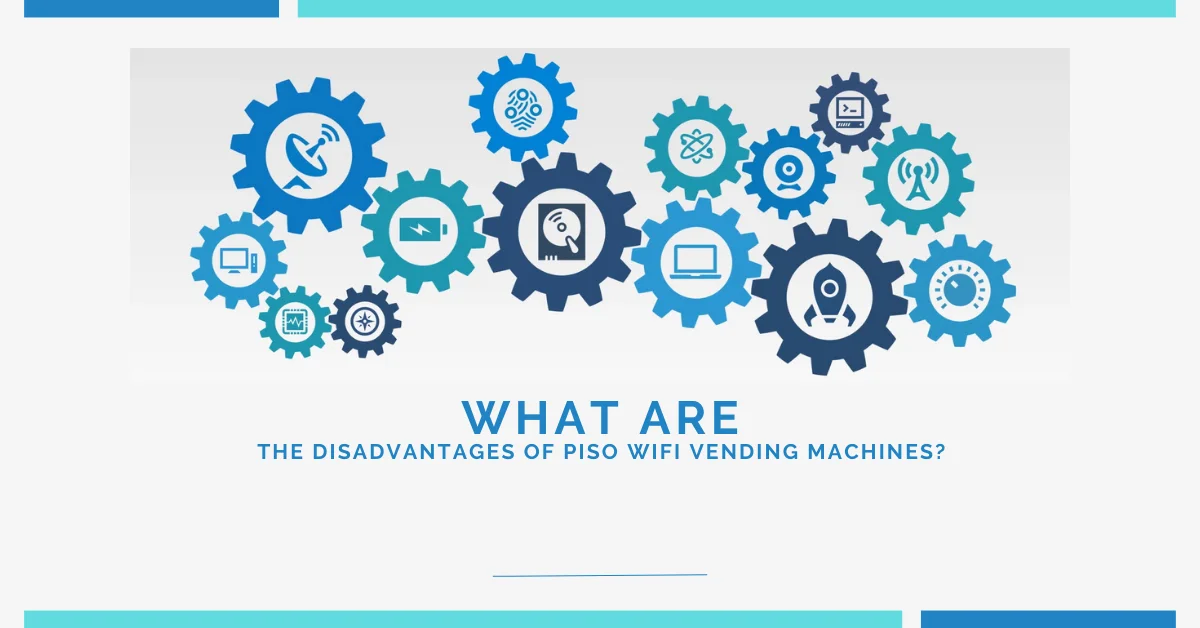Piso WiFi vending machines, which offer prepaid internet access, have gained popularity in recent years. However, these machines also come with several disadvantages that users and operators should be aware of.
Cybersecurity Risks
One of the main drawbacks of Piso WiFi vending machines is their vulnerability to cyber attacks. Hackers can potentially gain access to the system’s administrative panel, enabling them to manipulate pricing or steal funds from the machine. This poses a significant financial risk for the operator and can lead to connectivity issues for users who may lose money due to such attacks.
Internet Connection Dependence
Another disadvantage is the reliance on a stable and fast internet connection for proper functioning. If the internet connection is slow or unreliable, the machine may experience frequent disconnections or fail to provide a satisfactory user experience.
Maintenance Requirements
Regular maintenance is crucial to prevent the machine from becoming dirty, damaged, or out of order, which can lead to inconvenience for users and additional costs for the operator.
High Setup and Operating Costs
Furthermore, Piso WiFi vending machines can be expensive to set up and maintain. The initial investment in hardware and software can be substantial, and ongoing costs such as electricity, internet connectivity, and maintenance fees can accumulate over time.
To mitigate these disadvantages, operators should implement robust cybersecurity measures, ensure a reliable internet connection, and establish a regular maintenance schedule. Additionally, they should carefully consider the long-term financial implications and potential return on investment before investing in a Piso WiFi vending machine.

